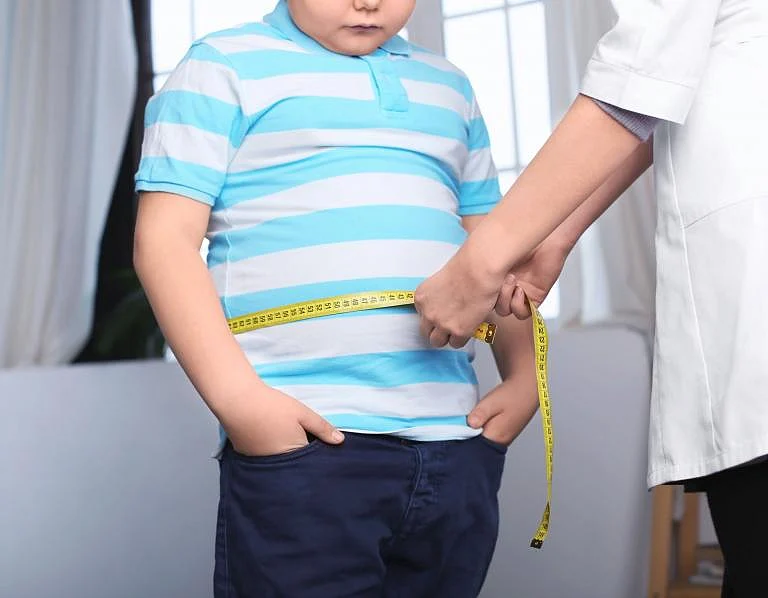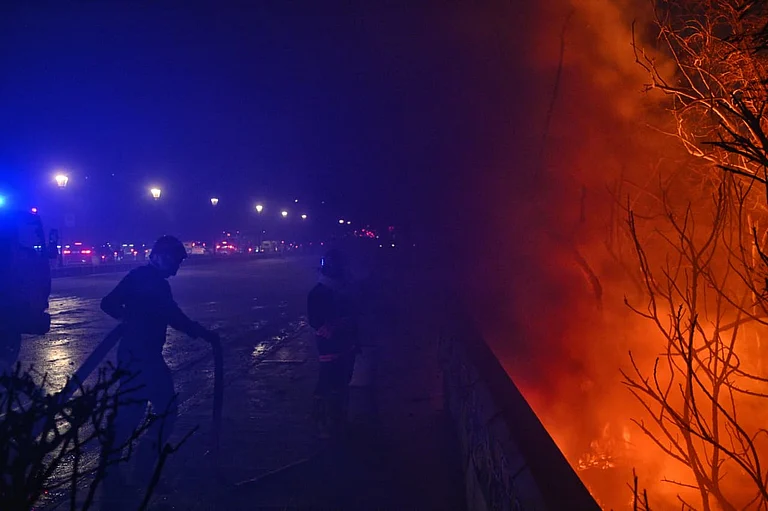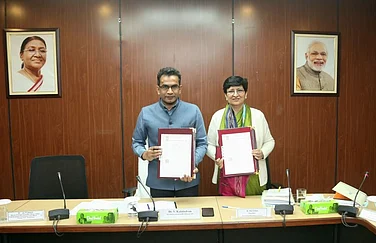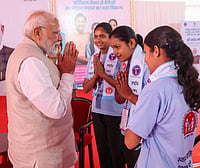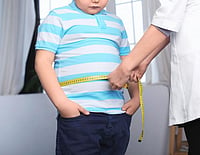With two of the country’s premier government hospitals in Delhi—Safdarjung Hospital and the All India Institute of Medical Sciences (AIIMS)—setting up dedicated clinics to treat myopia, experts say the move is a stark reminder that all is not well with the vision of children and young adults.
Prolonged digital exposure, reduced outdoor activity, and an increasing reliance on screen-based learning have contributed to a sharp rise in near-sightedness in recent years, noted the ophthalmologists. Responding to this growing public-health concern, Safdarjung Hospital last week inaugurated a dedicated Myopia Clinic aimed at early detection, prevention, and evidence-based management of childhood myopia.
The clinic was inaugurated recently by Dr. Charu Bamba, Medical Superintendent, in the presence of Dr. Anuj Mehta, Head of Ophthalmology, and Dr. Pankaj Ranjan, In-charge of the Myopia Clinic, along with other faculty members and hospital staff.
Dr. Ranjan told The Health Outlook that the hospital attends to nearly 20–25 children daily, most of them between four and eighteen years of age and coming from diverse family backgrounds.
Excessive screen time and visual strain, he added, have led to a steep rise in spectacle prescriptions, an increase in high myopia, and a growing risk of long-term retinal complications, he said.
With early intervention now recognised as essential, the new Myopia Clinic offers a structured and comprehensive approach to paediatric eye care.
The facility provides early diagnosis and routine monitoring of refractive errors, ensuring timely treatment. It also administers scientifically supported myopia-control therapies such as low-dose atropine eye drops.
Children will have access to specialised myopia-control glasses and lenses developed to reduce visual strain and support healthier ocular development.
Dr Ranjan emphasised that school-based health screening plays a crucial role in early detection of developmental and behavioural concerns.
“Prevention and early diagnosis are essential,” he said.
“We often see children as young as three or four. Parental counselling becomes vital at this stage—particularly regarding the need for adequate outdoor activity, limiting indoor screen-based games, and ensuring a balanced daily routine.”
For children already living with high myopia, the clinic will conduct detailed retinal evaluations and offer preventive care to mitigate long-term complications. In addition, the centre will provide lifestyle-modification guidance, with a strong emphasis on increasing outdoor activities—an evidence-supported measure known to slow myopia progression.
Last year, the AIIMS Delhi had launched a specialised Myopia Clinic for patients below 15 years of age, functioning from Monday to Saturday. “We have started this clinic especially for children with myopia so that we can give them comprehensive management. We see more than 1,000 kids with myopia every year,” the then Chief of AIIMS’s Rajendra Prasad Centre, Dr. J.S. Tityal, had said, issuing a strong warning about the escalating impact of excessive screen time on children’s learning, behaviour and overall development.
Dr. Tityal, President-Elect of the All India Ophthalmological Society (AIOS) and currently Regional Head – Clinical Services at Agarwal Eye Hospital, noted that unchecked digital exposure is already manifesting as early visual strain and may lead to serious complications if not addressed in time. “To combat this growing crisis, there is an urgent need for a law restricting smartphone and screen exposure for children under three years of age,” he said.
Underscoring the critical role of families, he urged parents to closely monitor their children’s screen habits and prioritise regular outdoor activities. Such measures, Dr. Tityal said, are essential not only for healthy visual development but also for overall physical and cognitive well-being.






